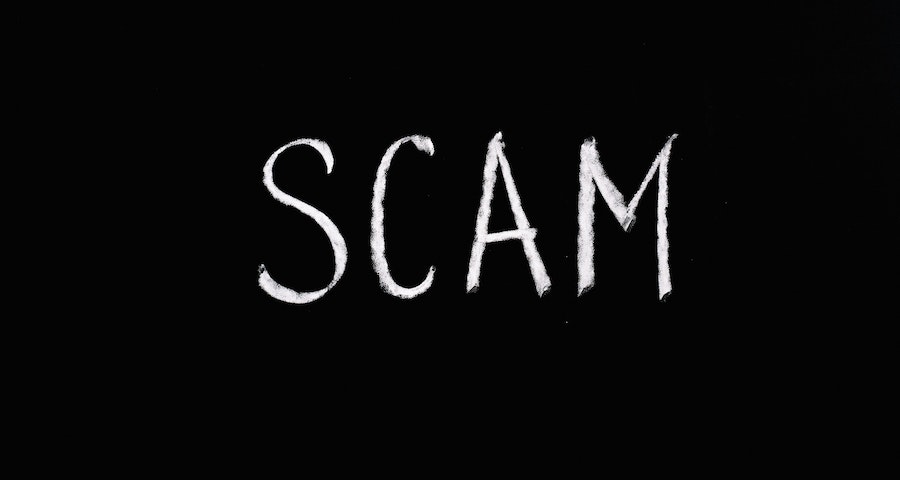
We’ve all been in that frustrating situation of locking ourselves out of our homes or cars. In these moments, we turn to locksmiths for help – professionals who are trained to open locked doors without causing damage. Unfortunately, there are some unethical locksmiths out there who try to take advantage of our desperation and charge exorbitant fees for shoddy work. In this blog post, we’ll share some tips on how to avoid locksmith scams and find a reputable locksmith in your area.
Contents
Research before you need a locksmith
The worst time to start looking for a locksmith is when you’re already in an emergency. Instead, research potential locksmiths in your area ahead of time. Look for reviews online or ask friends and family for recommendations. Check if the locksmith is licensed, insured, and accredited. By doing your homework in advance, you can avoid calling a scam artist during a moment of desperation.
Beware of bait-and-switch tactics
One common locksmith scam involves quoting a low price over the phone but then charging a much higher price once the locksmith arrives. The scammer may claim that the lock is more complex than they initially thought or add on other fees. To avoid this tactic, get a written estimate before the locksmith starts working. If the price seems too good to be true, it probably is.
Ask for identification
When the locksmith arrives, ask to see their identification and locksmith license. In some states, locksmiths are required to carry a license and display it upon request. If the locksmith cannot provide you with identification, it’s a red flag that they may not be legitimate.
Don’t pay until the job is done
A reputable locksmith will give you an estimate before starting work and won’t demand payment until the job is complete. If a locksmith insists on payment upfront or tries to add on extra fees midway through the job, it’s likely a scam. Don’t be afraid to say no and call a different locksmith.
Report any suspicious behavior
If you suspect that a locksmith is trying to scam you, report it to local law enforcement and the Better Business Bureau. Also, leave a review on the locksmith’s website or Yelp page to warn others about your experience. By speaking up, you can help prevent others from falling victim to the same scam.
Conclusion:
Getting scammed by a locksmith can leave you feeling violated and frustrated. But by taking the time to research, ask for identification, get a written estimate, and only pay after the job is done, you can protect yourself from these unethical locksmiths. Don’t wait until you’re in an emergency to find a reputable locksmith. Do your homework in advance and choose a professional who values honesty and transparency.
